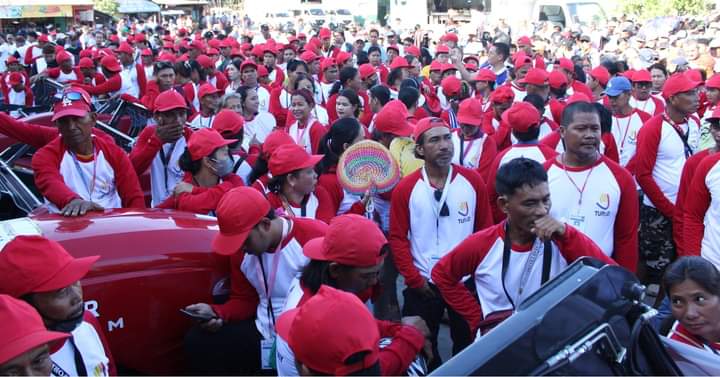Jobs for everyone! DOLE's livelihood, employment program assists over 1M workers
By Trixee Rosel

In a significant boost to the Philippine workforce, the Department of Labor and Employment (DOLE) has provided financial aid and temporary job opportunities to 1,062,499 informal sector workers through its Integrated Livelihood and Emergency Employment Program (DILEEP).
Based on reports from DOLE's Bureau of Workers with Special Concerns, the program has disbursed a substantial P6,359,399,598 in grants.
Support from the program is divided between the DOLE Integrated Livelihood Program (DILP) and the Tulong Panghanapbuhay sa Ating Disadvantaged Workers (TUPAD) Program.
The DILP, also known as the Kabuhayan Program, offers financial assistance to start, enhance, or restore livelihoods for disadvantaged individuals and groups.
In the second quarter of 2024, the program allocated P707,187,360 to 36,846 workers from vulnerable groups, including the underemployed, parents of child laborers, and marginalized farmers and fishermen.
Among these beneficiaries, 27,128 initiated new projects, 9,065 expanded existing ones, and 653 revived their livelihoods.
Notably, 10,493 beneficiaries, or 28.48 percent, were from municipalities classified in the fourth to sixth income classes.
Meanwhile, the TUPAD Program offers temporary employment with job placements ranging from 10 to 90 days and wages set at the highest regional minimum wage.
From April to June 2024, TUPAD employed 1,025,653 workers and paid out P5,652,212,238 in wages.
The Bicol Region had the highest number of beneficiaries at 141,443, followed by Calabarzon and Central Luzon with 83,665 and 83,163 workers, respectively.
TUPAD participants engaged in community projects such as facility maintenance, vegetable gardening, site management, road beautification, canal dredging, tree planting, and coastal clean-ups.
Approximately 326,191 TUPAD workers, or 31 percent, were from municipalities in the fourth to sixth income classes.
In 2023, DOLE revised the DILEEP guidelines to simplify applications and expand eligibility so more workers could benefit.
DOLE regional offices are responsible for implementing the Kabuhayan and TUPAD programs and ensuring compliance with Commission on Audit standards and other regulations.